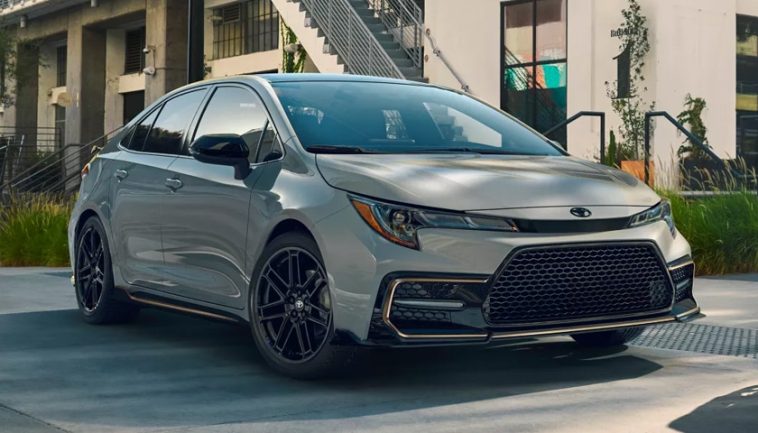In 2022, Ngozi Eugene, a lawyer in Lagos earning ₦600,000, started saving for a Toyota Corolla. She had saved N4.7 million by 2024 and was convinced it would be enough, but when she visited a vehicle dealership in late February, the best offer for a used 2005 Toyota Corolla was N7 million, while a 2008 Toyota Corolla was N8 million.
The best option for her, given her budget, was a used Toyota Corolla in Nigeria. Foreign exchange instability, customs duties, and shipping fees are all contributing to car prices that are out of reach for many Nigerians.
“I purchased a $600 car and had it shipped for $1600.” When it arrived in Nigeria, I had to pay roughly N3 million ($1,886) to clear the vehicle. This has never occurred in the history of our company,” claimed Kolawole, a car salesman.
Buying a secondhand sedan in Nigeria currently costs at least ₦3 million for a Nigerian and ₦5 million for foreigners. According to figures provided by Pankaj Bohhra, co-founder of Fixit45, the cost will more than triple by 2023.
The increase in pricing coincides with a decrease in imports. According to Dera Nnadi, the Command’s Customs Controller, the number of cars imported through the Tin-Can Island port, which is the preferred entry point for many Nigerian imports, has plummeted from 32,000 in 2018 to 4008 in 2023.
- ATTENTION: Techrectory gives ₦5,000 monthly to our top readers, CLICK HERE to become a winner.
Local assembly and manufacturing have also failed to expand. At a meeting in 2020, former Vice President Yemi Osinbajo stated that existing assembly plants produced fewer than 14,000 cars.
Prices are forcing many to compromise.
Prices are forcing modifications as some companies go to Nigerian-used official cars or very new or unknown brands as less expensive alternatives to Japanese cars, which have historically been the preferred choice.
Other businesses lease vehicles or employ flexible auto finance for purchases.
Auto loans remain unpopular among individual clients. While numerous financial organizations provide auto loans, most consumers are unaware of them or do not understand how they function. Ngozi, for example, argues that automotive finance choices have hefty interest rates.
Ojurongbe Damilola, head of technical services at Cars45, says clients are gradually warming up to car loans, citing an increase in financing inquiries over the previous year.
Finally, Nigeria’s car market is at a crossroads, and navigating the new normal will be difficult in the short term. Local output is unlikely to increase, and as long as macroeconomic conditions stay unchanged, funding may still be insufficient for consumers.
Techrectory with Agency Report.



